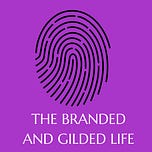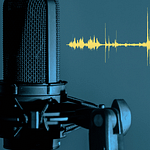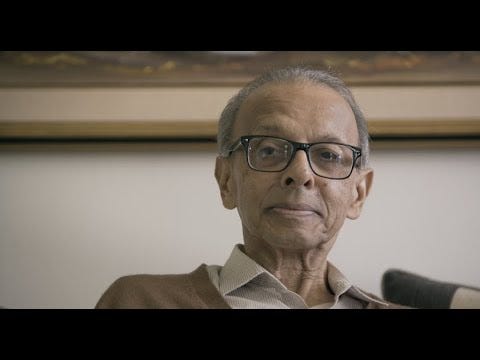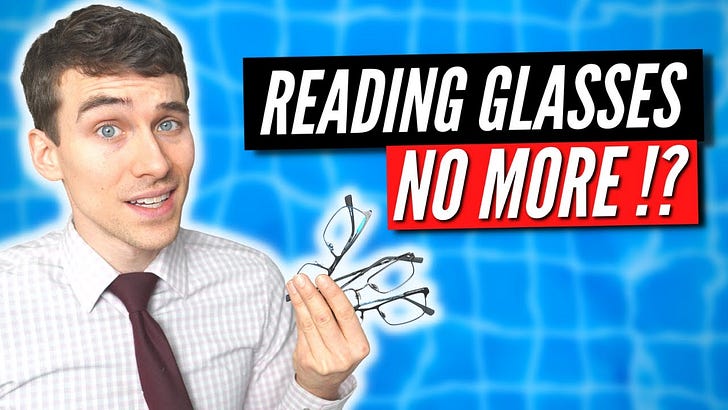That's how all fairy tales’ end.
And the real world begins. We assume that the attainment of success or money is some point from which we can leap into a higher level of existence.
Question is, we still have to find it.
Life seems pretty much the same for billionaires as it does for us regular folk.
Just yesterday, someone sent a WhatsApp on Jeff Bezos where he said, in a mundane detail, that he washes the dishes at home after breakfast.
Is that the state of Happily Ever After?
You build the largest company in the world but dishes don't wash themselves.
So, is everything spic and span with the picture?
I remember a conversation with a successful lawyer who said he wanted nothing more than to own a Harley Davidson when he was young.
He told himself that he would go for long drives along picturesque landscapes and life would be terrific, all the time.
At some time in his 30s, he made the money.
And the Harley landed up in his garage. He was happy, having achieved what seemed impossible as a child. For a while.
He took a few trips over the next few days and the riding experience was great but not the one he had in his mind as a child - the traffic, the heat and the routine of filling petrol, checking air pressure intruded. He kept wondering if anyone would scratch the beautiful paint job and that worry ate into him.
It's still in his garage gathering dust because he hardly ever drives it.
Another dream realised and stored in the attic of memories.
In fairy tales, the thought is reassuring. But real life has another agenda.
Photo by R.D. Smith on Unsplash
Curing plastic addiction
It's an almost perfect solution.
Seaweed mixed with some plant extracts solving a major problem - plastics in packaging.
There's no doubt we've got heavily reliant on plastic right across the supply chain. It is so versatile, there are hardly any aspects of the chain that can function without it.
Water bottles. Food packaging. Oil packaging. Single use cups. And none of this can be replaced overnight.
It's the result of decades of work that has gone into colours, textures, surfaces to be printed on. And plastic has delivered.
Now, we need to go into rehab. And getting around without the convenience is a hard thing to sell. How many true environmentalists exist in the world?
Let's not forget that 50% of the plastic in the world is put out there by just 20 companies.
That's why Notpla comes as a breath of sanity.
The name is a mish mash of 'Not Plastic' and it is obvious why they had to brand themselves this way.
It looks exactly like the plastics it replaces but it is nothing like it.
Water bubbles you can simply pop into your mouth and bite in. Swallow or wait for it to dissolve.
Edible packaging may not sound very appetizing and companies who spend millions on advertising would not want their products to look exactly like their competitors.
But it's a big step forward. And hopefully we'll return to our senses.
Even if it looks like a journey that will take years, if not decades.
Migrating the internet!
Tim Berners-Lee invented the basic protocols of the internet - html and http
And brought about one of the biggest changes in the world - the start of the world wide web.
However, he was unhappy with the way the web evolved into creating massive tech companies that locked user data in and made huge sums of money out of it.
Now, he's attempting a reset.
Putting people back in control of their data and handing it out to companies only for defined purposes and needs.
Will it succeed?
It's hard to say. But he's creating an option where the early movers will create their own PODs of data with controlled access.
Right now, it's confusing because it's not ready for prime time.
Even people who create their own PODs need applications built on the new standard.
The problem, invariably, is that smart entrepreneurs see potential and the future much before the rest of the market does.
Then, they provide services and make it easy for people to transact.
Now, most of the world already on social media and logged into current web services will not see a benefit right away.
They've heard of privacy issues but it does not seem to concern them. And that's the way existing giants would like it to remain.
The power is in the control of the data and how money can be made from it.
If it goes back to people, how will money be made?
Inrupt, the new company founded by Tim Berners-Lee is hoping to find a way to balance commerce and individual privacy.
This is the real Web 2.0. Not the Metaverse view that is being flogged right now.













Share this post